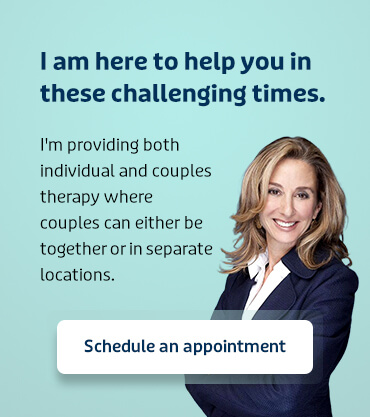
10 Effective Strategies to Manage Anxiety
Anxiety can feel overwhelming and isolating, but you’re struggling with managing your anxiety, rest assure that you are not alone. Anxiety is a normal response to stress or danger and can manifest physically in various ways, such as increased heart rate, rapid breathing, sweating, and muscle tension. These physical symptoms occur because the body is preparing to face a perceived threat. Understanding and managing anxiety is crucial for maintaining good mental and physical health.
In this blog post, we discuss ten effective strategies to help manage anxiety.
1. Practice Deep Breathing
When anxiety hits, our breathing often becomes shallow and rapid. One technique that can be highly effective is deep breathing. Find a quiet spot, close your eyes, and take slow, deep breaths. Inhale deeply through your nose, hold for a few seconds, and then exhale slowly through your mouth. This simple practice can calm your mind and body almost instantly. Incorporating deep breathing into your daily routine can create a sense of calm and resilience over time.
2. Stay Active
Exercise releases endorphins, which are natural mood lifters. Physical activity, even a short walk around the block, can help reduce anxiety. Incorporate some form of exercise into your daily routine, whether it’s jogging, yoga, or even dancing around your living room. Regular physical activity can also improve sleep quality, increase energy levels, and boost overall well-being.
3. Limit Caffeine and Sugar
High caffeine and sugar intake can exacerbate anxiety symptoms. Switching to herbal teas and maintaining a balanced diet can help. Reducing stimulants might not be easy at first, but it can make a noticeable difference in how you feel. Gradually cutting back on these substances and replacing them with healthier options can lead to more stable energy levels and reduced anxiety.
4. Establish a Routine
Having a consistent daily routine provides a sense of stability and control. Establishing a routine can help ground you. Wake up at the same time every day, have regular meals, and set aside specific times for work and relaxation. This predictability can reduce anxiety significantly. Knowing what to expect each day can help minimize stress and create a more balanced life.
5. Practice Mindfulness and Meditation
Mindfulness and meditation are powerful tools for managing anxiety. These practices involve staying present in the moment and observing your thoughts without judgment. Start with just a few minutes each day, using guided meditation apps. Over time, this practice can help you stay calm and focused. Consistent mindfulness practice can also enhance self-awareness and improve emotional regulation.
6. Stay Connected
Talking to someone who understands can be incredibly therapeutic. When feeling anxious, reaching out to friends or family members can make a huge difference. Don’t hesitate to share your feelings with someone you trust. Social connections provide support and can help you gain perspective on your worries, making them feel more manageable.
7. Avoid Information Overload
Constant exposure to news and social media can heighten anxiety. Set boundaries for yourself by limiting the time spent consuming news. Instead, focus on hobbies that bring you joy, like reading, painting, or gardening. Taking a break from the digital world can do wonders for your mental health. Engaging in offline activities can help you recharge and reduce stress.
8. Get Enough Sleep
Sleep and anxiety are closely connected. Establishing a relaxing bedtime routine, avoiding screens before bed, and keeping a consistent sleep schedule can improve sleep quality and reduce anxiety. A good night’s sleep is essential for emotional regulation and overall health. Prioritizing sleep can significantly impact your ability to cope with anxiety.
9. Write it Down
Journaling can be a powerful outlet for anxious thoughts. When your mind races, writing down what’s bothering you can help. Seeing your worries on paper can make them seem more manageable. Plus, journaling can help identify patterns and triggers, which is the first step in addressing them. Keeping a journal can also provide a record of your progress and insights over time.
10. Seek Professional Help
There’s no shame in seeking help from a mental health professional. Therapy can be a crucial part of managing anxiety. A therapist can provide you with coping strategies and support tailored to your specific needs. If you’re struggling, don’t hesitate to reach out for professional guidance. Professional support can offer new perspectives and tools that are essential for long-term management of anxiety.
Managing anxiety is a personal journey and what works for one person may not work for another. It’s important to be patient with yourself and try different strategies to see what resonates with you. Remember, it’s okay to ask for help, and taking small steps every day can lead to significant improvements. You’re not alone in this, and there’s always hope for a calmer, more balanced life.
RACHEL A. SUSSMAN, LCSW, is a licensed psychotherapist, relationship expert, writer and lecturer. She is the founder of Sussman Counseling, a psychotherapy practice based in New York City, specializing in treating couples and individuals with relationship dilemmas. She is the author of THE BREAKUP BIBLE: The Smart Woman’s Guide to Healing from a Breakup or Divorce (Random House).




